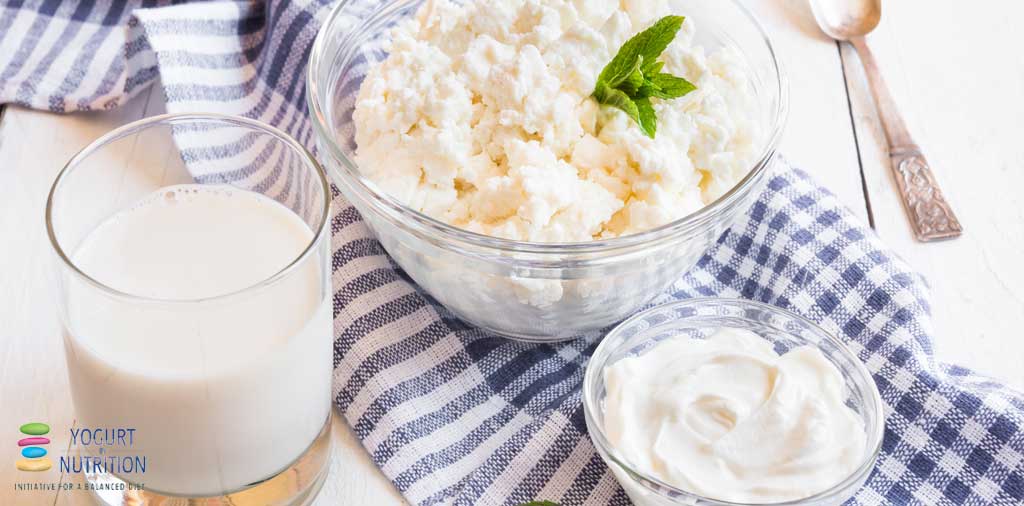Ronan Lordan and Ioannis Zabetakis are both researchers at the University of Limerick in Ireland in the Department of Biological Sciences. They along with their colleagues recently authored a review in which they examine the effect of dairy products on the development of cardiovascular diseases. Among their findings, they noted that fermented dairy products such as yogurt and kefir had a neutral or positive effect on cardiovascular outcomes.
Scientific interest in fermented milk products has increased due to their potential health benefits
Cardiovascular disease (CVD) is a leading cause of mortality worldwide. Previous negative perceptions of dairy fats stems from their association with increased cholesterol levels due to their saturated fatty acid content leading to an increased risk of CVD development. Over several decades, scientific interest in fermented milk products has increased due to their potential health benefits. These products include yogurts, cheese, and fermented milk products such as kefir [1]. Our latest review paper [2], highlights that dairy product consumption has a neutral or positive effect on CVD. Milk as a whole is a highly nutritious food, whereas fermented products such as yogurts and cheese tend to possess even greater
health benefits upon consumption. These nutrient dense foods provide essential vitamins, minerals, macronutrients, micronutrients, and in the case of fermented dairy products beneficial probiotics that reach the gut alive and improve the host’s microbiome. However, as dairy products are the only food group composed of more saturated than unsaturated fat, it became apparent that they may be detrimental to cardiovascular health. Thus, it was proposed that low-fat or non-fat dairy products be advised to reduce the risk of developing CVD. These new dietary trends led to the development of low-fat dairy products. Recent research indicates that the fat component of dairy products possess putative antiinflammatory polar lipids that may positively affect cardiovascular health contrary to previous research [2,3].
Consumption of fermented dairy foods is associated with an overall reduced cardiovascular risk
As current dietary guidelines generally place an emphasis on the reduction of Saturated Fatty Acids (SFA) intake, it would be expected that dairy product consumption would be associated with an increased risk of CVD. Interestingly, increased consumption of fermented dairy foods such as yogurt and cheese is associated with reduced LDL cholesterol, reduced hypertension risk, and overall reduced CVD risk. Furthermore, recent observational studies indicate that alternatives to bovine dairy products, such as ovine and caprine dairy products (in particular yogurts) may be more beneficial for your cardiovascular health due to their anti-inflammatory properties and positive or neutral effects on serum cholesterol levels [2].
A nutritious option with possible benefits for heart health
To address whether we should be concerned about the consumption of dairy products and in particular their fat content, further studies are required, in particular in relation to fermented dairy products, where the exact mechanisms responsible for their positive health effects remains elusive. However, for now it seems that consumers can be confident in the knowledge that their dairy products are highly nutritious and may even positively affect their cardiovascular health!
So in five words : enjoy your full-fat fermented dairy !



